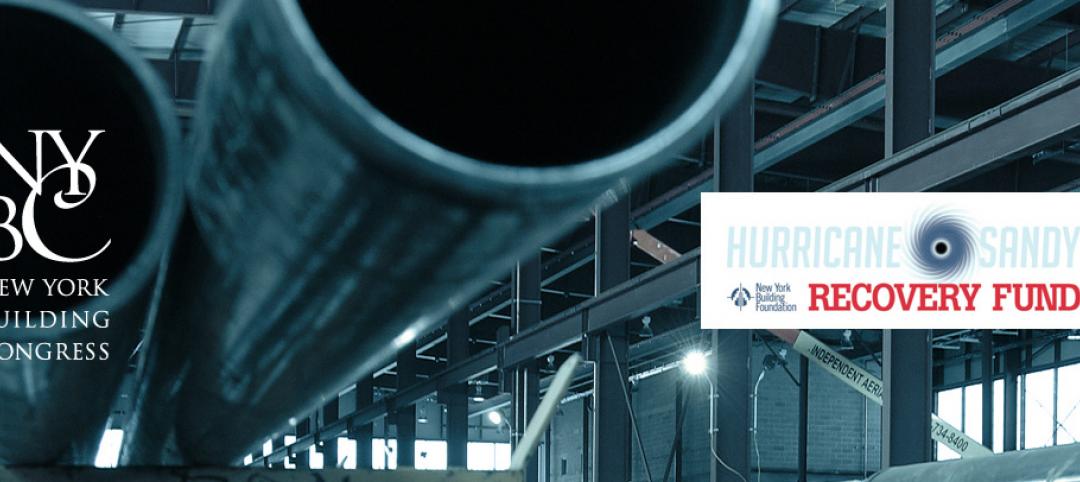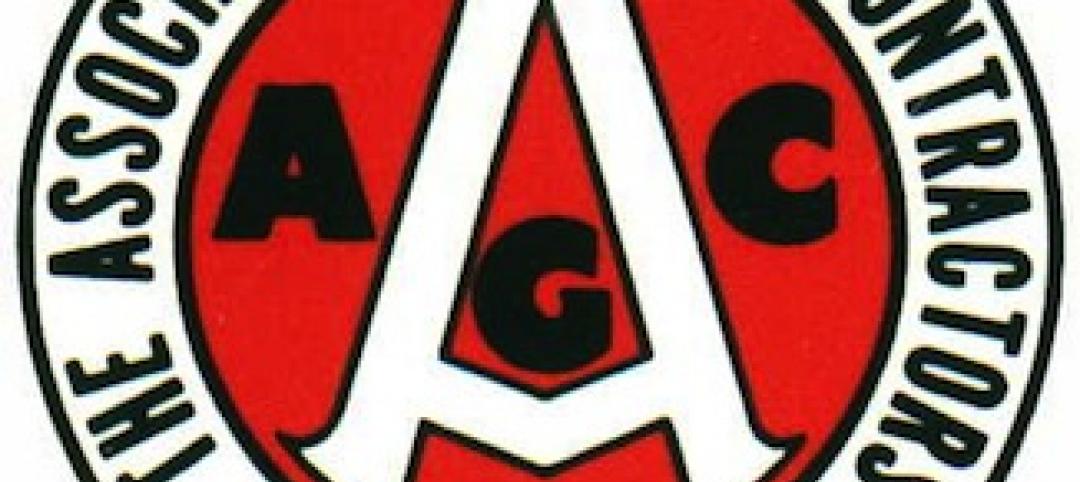Pledges by governments and multinational corporations to make buildings net-zero carbon are critical to carbon reduction goals. And, commitments have been adding up in recent years.
The World Green Building Council (WGBC) has gained notable adherents to its Advancing Net Zero buildings initiative. This project aims to have every building produce net-zero carbon emissions by 2050.
In fact, some 62 businesses, 28 cities, and six states have signed on to be WGBC’s leaders in this initiative by committing to make all their buildings net-zero carbon-emitting by 2030 or sooner. California, with 16 million buildings, has signed onto the commitment, along with businesses such as design firm Atelier Ten, healthcare real estate investment trust Assura, and retail center developer Wereldhave.
There are 1 billion buildings in the world, and the total global building footprint is expected to double by 2060. It’s hard to know how many buildings are operating today at net-zero because of the difficulty in tracking the amount of renewable energy supplied by the grid. WGBC is working on this problem.
When companies such as Salesforce commit to constructing all new buildings to net-zero specifications, including a new tower in Dublin, they accelerate the effort. WGBC will allow any credible third party, such as LEED, to do the certification.
Related Stories
| Dec 7, 2012
Georgia court limits contractors’ ability to foreclose on liens
The Georgia Court of Appeals ruled in 182 Tenth, LLC v. Manhattan Construction Company that lien claimants such as contractors, subcontractors, and materialmen, may not foreclose on a lien that includes unpaid general condition costs.
| Dec 7, 2012
San Francisco real estate records will include ‘green labels’
Ecologically-sustainable building practices, or “green labels,” will now be included on official land records maintained by San Francisco.
| Dec 7, 2012
Tokyo’s Green Building Program has reduced power consumption by 20%
Tokyo city officials calculate that its Green Building Program reduced energy consumption by 20% since its inception, a statistic they identify as the reason the power stayed on during the 2011 earthquake.
| Dec 7, 2012
New flexible options make achieving LEED certification easier on projects outside the US
A new set of Global Alternative Compliance Paths, or Global ACPs, are now available for all commercial projects pursuing LEED green building certification using the 2009 versions of the rating systems.
| Nov 29, 2012
New York contractors say they will pay tax despite a court ruling that the tax is unconstitutional
The New York Building Congress says it will voluntarily pay a tax declared unconstitutional by the courts because, it says, the money is vital to maintaining the city’s transportation infrastructure.
| Nov 29, 2012
Storms like Sandy highlight the need for stricter codes, says insurance expert
Experts on insurance, weather, and catastrophe modeling say the role of climate change in Hurricane Sandy and future storms is unclear.
| Nov 29, 2012
Quake simulation to test concrete building's strength in California
Researchers aim to gauge how buildings constructed with reinforced concrete withstand an earthquake by conducting a simulation test at a two-story building built in the 1920s in El Centro, Calif.
| Nov 29, 2012
AGC offers stormwater compliance webinar
An effective document management system is necessary to stay in compliance with new and forthcoming stormwater runoff requirements, says the Associated General Contractors of America.
| Nov 29, 2012
Government policies help accelerate adoption of green building
Green procurement policies or green building mandates can help accelerate the adoption of green building practices, according to research by Timothy Simcoe and Michael Toffel.
















